However, when kidney function begins to decline, the body can signal through very silent signs, especially in the morning. Recognizing these symptoms early can help detect and treat kidney damage promptly, before the disease progresses further.
According to experts from the Garnet Health hospital system in the US, there are 5 most common signs in the morning that can be related to kidney damage.
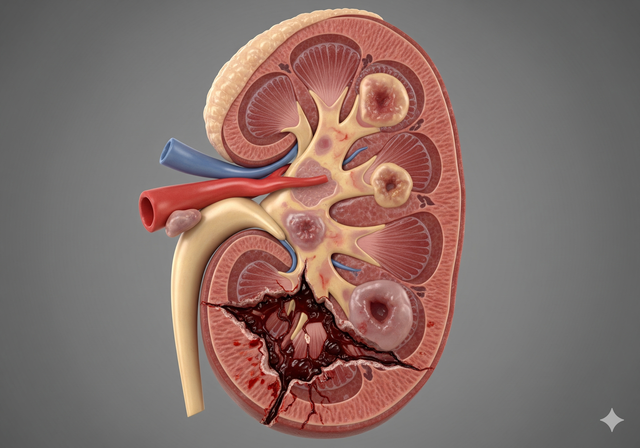
There are some morning signs that warn that the kidneys are silently damaged.
Illustration: AI
Swollen face in the morning
Swelling around the eyes or face right after waking up is a typical symptom of kidney edema. When the kidneys are damaged, they can leak albumin into the urine, causing the amount of protein in the blood to decrease, making it easier for fluid to escape from the blood vessels and accumulate in the soft tissues. If swelling around the eyes is accompanied by foamy urine, rapid weight gain, or high blood pressure, kidney function should be checked, according to Garnet Health .
Foamy urine
Foamy urine that doesn't dissipate quickly can be a sign that your body is excreting too much protein, a condition called proteinuria. This is one of the earliest signs of damage to the glomeruli, the kidney's blood-filtering part. While things like dehydration or frequent urination can cause temporary foaming, if it persists, your urine and kidney function should be tested.
Dry, itchy skin due to reduced kidney function
When kidney function is reduced, the body accumulates toxins, mineral disorders such as phosphorus and parathyroid hormone, which cause dry skin and severe itching, especially at night. Unlike normal dry skin, itching due to kidney disease is often bilateral and is not relieved by moisturizers. Persistent itching should be carefully evaluated with blood tests and kidney function.
Fatigue, poor concentration, forgetfulness
Brain fog can be caused by the kidneys not being able to remove toxins, anemia due to low levels of erythropoietin (a hormone produced by the kidneys that plays a key role in making red blood cells), or sleep disorders. People often feel tired, sluggish, and have difficulty concentrating. Testing the estimated glomerular filtration rate (eGFR), hemoglobin, and other indicators can help determine the cause.
Ammonia breath
Breath that smells like urine or ammonia can be caused by high levels of urea in the blood - a clear sign of advanced kidney failure. If accompanied by nausea, fatigue and itching, the patient should be checked immediately, according to Garnet Health .
Thus, early stage kidney damage often does not cause obvious symptoms. However, if you carefully observe changes in the morning, from urine, skin, breathing to level of alertness, you can recognize early warnings from the body. Early detection and timely intervention are the key to protecting long-term kidney health.
Source: https://thanhnien.vn/5-dau-hieu-buoi-sang-canh-bao-than-dang-am-tham-ton-thuong-18525082823042554.htm



















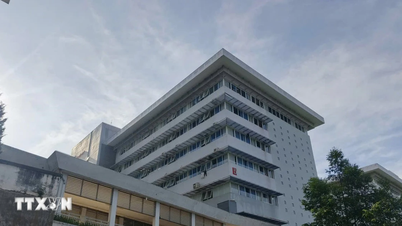











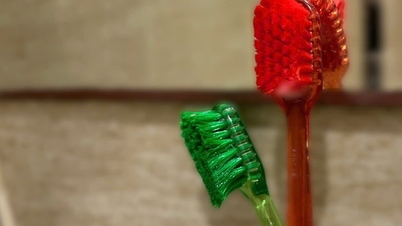










































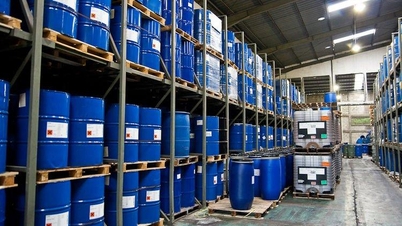














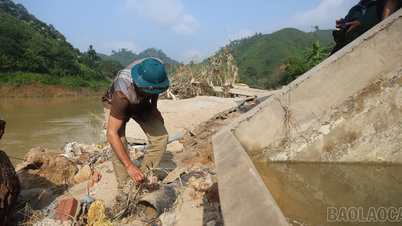











Comment (0)